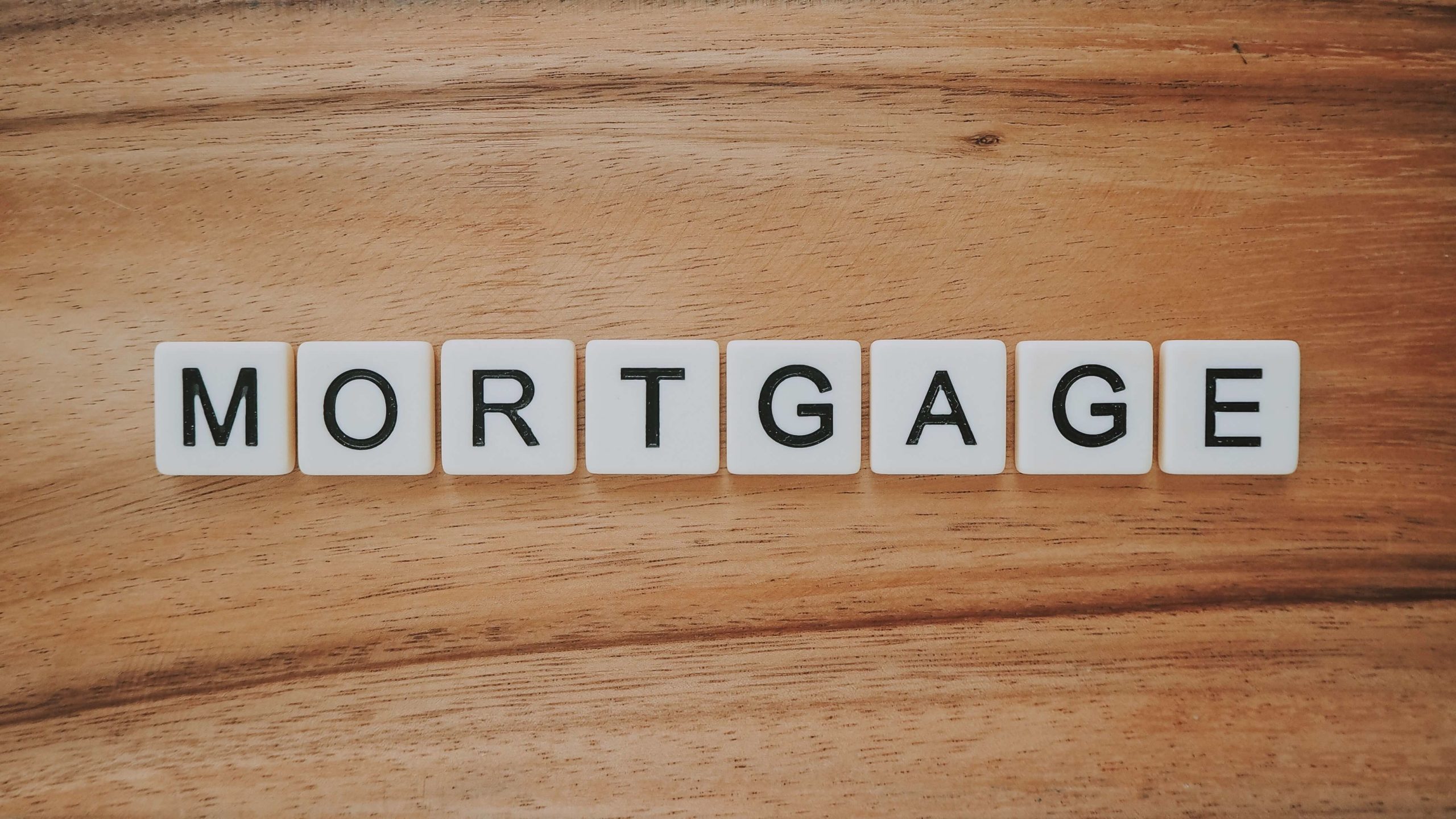
How Many Different Types of Mortgages are There?
When looking to purchase a home, the different types of mortgages available may be overwhelming. Researching these types of mortgages, and which is best for you, is just as, if not more, important than researching the neighborhood and area you wish to live. Depending on which type of mortgage loan you decide to go with, there will be variables such as interest rate, duration, and more that will have a significant impact on the terms of your loan.
What are the different Types of Mortgages?
Conventional Mortgages
Conventional mortgages are the most frequent, but their credit score and debt-to-income ratio (DTI) requirements are more stringent.
On a traditional mortgage, you can put as little as 3% down to buy a property when you are a first-time homebuyer. For a traditional loan, you’ll need a credit score of 620 or higher. In order to avoid paying private mortgage insurance (PMI), you must have a 20% down payment or more. It’s always a good idea to put down the extra 20 percent if you can to avoid paying PMI.
If you want to take advantage of lower interest rates and a higher down payment, conventional loans are a wonderful option. If you’re unable to put down the required 3 percent of the purchase price, you may be able to qualify for a USDA or VA loan. If you are interested in a conventional mortgage in Jacksonville, contact one of our experienced Jacksonville mortgage lenders today!
Fixed-Rate Mortgages
An amortized fixed-rate mortgage has an interest rate and payment schedule that never changes. For the most part, fixed-rate mortgages provide you with a predictable monthly payment owing to changes in property tax and insurance rates.
If you plan to live in your home for a long-time, a fixed-rate mortgage may be the best option for you. In the long run, knowing exactly how much money you’ll have to spend each month on your mortgage payment will help you budget and prepare for the future.
If interest rates in your location are high, you may want to steer clear of fixed-rate mortgages. Your interest rate will remain the same for the life of your mortgage until you decide to refinance. If interest rates are high, you could end up paying hundreds of dollars in interest if you lock in your rate. To understand more about the current market interest rate trends and mortgages, contact an experienced mortgage lender in Jacksonville, FL.
Adjustable-Rate Mortgages
30 year loans with variable interest rates are known as adjustable rate mortgages (ARMs).
When you agree to an ARM, you first agree to a fixed-interest introductory period. Most people begin their mortgage with five, seven, or ten years of fixed-interest rates. For the first few years, you’ll have to pay a lower interest rate than you would for a 30-year fixed-rate mortgage.
The market’s interest rates determine your interest rate after the promotional period is over. When determining the rate of change, your lender will use a predetermined index. If the index’s market rates rise, your rate will rise as well. If they fall, your rate falls as well.
Adjustable Rates have rate limitations that limit how much your interest rate can change over the course of the loan. Rate limits shield you from sharp increases in the cost of borrowing money. For example, even if interest rates rise year after year, your loan’s rate will not rise any more once it reaches its rate cap. The limitations on interest rates also apply in the other way, limiting the amount by which your rate can fall.
If you plan to acquire a starter house before moving on to a permanent residence, an Adjustable-Rate Mortgage may be an excellent option. If you don’t intend to reside in your home for the entire period of the loan, you can take advantage of this and save money.
If you plan to make extra payments toward your loan early on, these can be extremely helpful. You can save thousands-and-thousands of dollars in the long run if you pay off your loan early.
Jumbo Loans
A loan that has a rate higher than the local conforming lending limits is referred to as a jumbo loan. This type of financing is frequently required when you wish to purchase a high-end property. Most of the country’s conforming loan maximum is $647,200. Interest rates for jumbo loans are generally the same as those on conforming loans, although they are more difficult to get. To be eligible for a jumbo loan, you’ll need a better credit score and a lower Debt-to-Income ratio.
USDA Loans
USDA loans are loans which are insured by the United States Department of Agriculture (USDA). Mortgage insurance requirements for USDA loans are lower than those for FHA loans, allowing you to purchase a property with no money down. To qualify for a USDA loan, you must meet income requirements and purchase a property in a suburban or rural location.
VA Loans
The Department of Veterans Affairs insures VA loans. A veteran may be able to buy a home with no money down and lower interest rates with a VA loan. To be eligible for a VA loan, you must have served in the US Armed Forces or the National Guard. These loans are intended at helping former military personnel who need financial assistance. Your eligibility is determined by the Department of Veteran Affairs based on your service record. VA loans have zero down payment and no PMI.
FHA Loans
The Federal Housing Administration (FHA) is the agency which provides loan insurance for its customers. As long as you have a credit score of at least 580 and a down payment of 3.5%, you can possibly get an FHA loan and buy a home. As long as you put at least 10% down, you may be able to get an FHA loan with a credit score as low as 500. The minimum credit score required by a lender will vary by kind of lending institution.
Mortgage Broker in Jacksonville, FL
If you or someone you care about needs a Jacksonville mortgage loan, give one of our knowledgeable Jacksonville mortgage lending professionals a call now. For more than a decade, we at Bayway Mortgage Group have been helping people just like you buy their dream homes. Contact us today!



